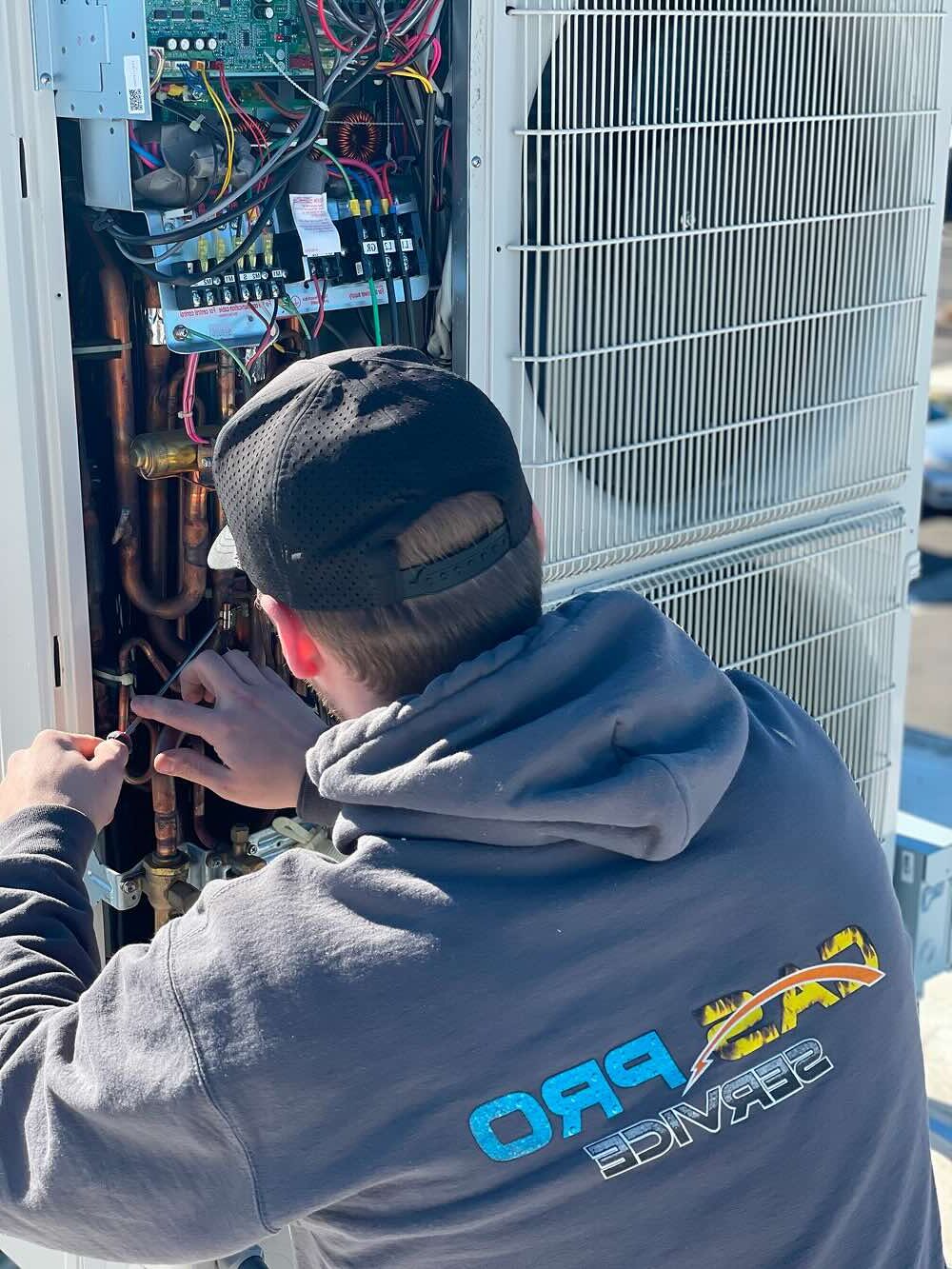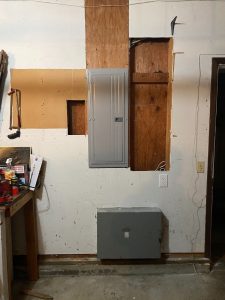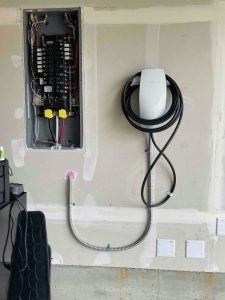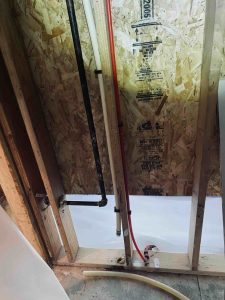HVAC is an important part of everyday life. HVAC systems maintain comfort in any home or commercial spaces year-round and are vital in many climates. But like any system, or career, there are some downsides to HVAC. Before deciding if you need a new HVAC installation, or if you want to start working in the HVAC profession, it is a good idea to understand what challenges you may face. In this post, we will discuss the HVAC job challenges and equipment challenges. Don’t worry, we will end on a positive note.
1. Drawbacks of HVAC Systems at Home or at Work
While installing an HVAC system can be costly, especially when upgrading an older building or having to redo ductwork, these systems can also raise your energy bills even when you are on the most efficient system during the hottest time of year like mid-summer or coldest time in winter. Maintenance is also a continuing factor. We have to replace the filters regularly, and then, once in a while, we may require a “tuneup” or replacement of parts to keep things going.
Older or poorly maintained systems can also bring about issues such as poor indoor air quality, uneven temperatures, and odd noises. So, if you put your system to work harder than it is designed to work, it will eventually break down faster, and repairs will typically cost more.
2. The Hard Side of an HVAC Career
An HVAC career can be rewarding; however, it is not for everyone. Here are a few things to keep in mind if you are considering a career in HVAC:
- It is hard work. You will be moving equipment, crawling into tight spaces, kneeling, bending, and working on your feet for extended hours. You are also at the mercy of the weather; whether it is a hot attic in the summertime or a cold rooftop in the winter, you will be exposed to all elements.
- You’re frequently on standby. HVAC techs often don’t work a typical 9 to 5 job. Since there are emergency jobs, you can get called in first thing in the morning, late at night, or on weekends and holidays. The upside is that you can also earn additional income in overtime.
- It can take some time to train. HVAC can be learned through hands-on and technical skills, but will have a steep learning curve. You will need to understand the fundamentals, such as electrical systems, refrigerants, and airflow, but you’ll also continue learning new things throughout your career, particularly as technologies continue to evolve.
- There can possible hazards. HVAC technicians work with chemicals and refrigerants that require careful handling. Hazards can be reduced with the right training and safety equipment, but you remain susceptible to risk despite training, so you must always be cautious.
- Workloads can also be seasonal, cyclical, or sporadic. Some seasons will overwhelm you with service calls, but others will not. Generally, summer and winter are seasons where you will not have any difficulty amassing quite a backlog with service calls, while spring and fall are typically slower without this level of urgency.
While many technicians enjoy busy summer and winter seasons and getting paid more, it is worth noting that extreme workload can take a toll on your body. The physical strain of service work, where you are repeatedly climbing up and down hardware wearing different tools, can take its toll on your knees, back, and shoulder over the years. There are techniques to help limit wear and tear, but if you’re ever thinking about a lifelong career in the trade, this is an issue to consider.
3. Evaluating the Pros and Cons
HVAC systems and careers both come with their drawbacks, but almost all can be solved. Regular maintenance of your equipment can help lengthen its life expectancy. Good training will help you prepare for the job. And with new HVAC technology being developed every day, you can expect better programming and efficiencies to be easy to maintain and use.
Let Mas Pro Help You Count the Costs
Every HVAC decision you make will most likely come with some benefits and drawbacks, whether you are installing a new system or considering a career in HVAC. You do not need to make the decision by yourself.
At Mas Pro, we help homeowners, business owners, and future HVAC pros get clear answers and reliable service. From honest advice to expert installations, we’ve got your back. Call us today!




